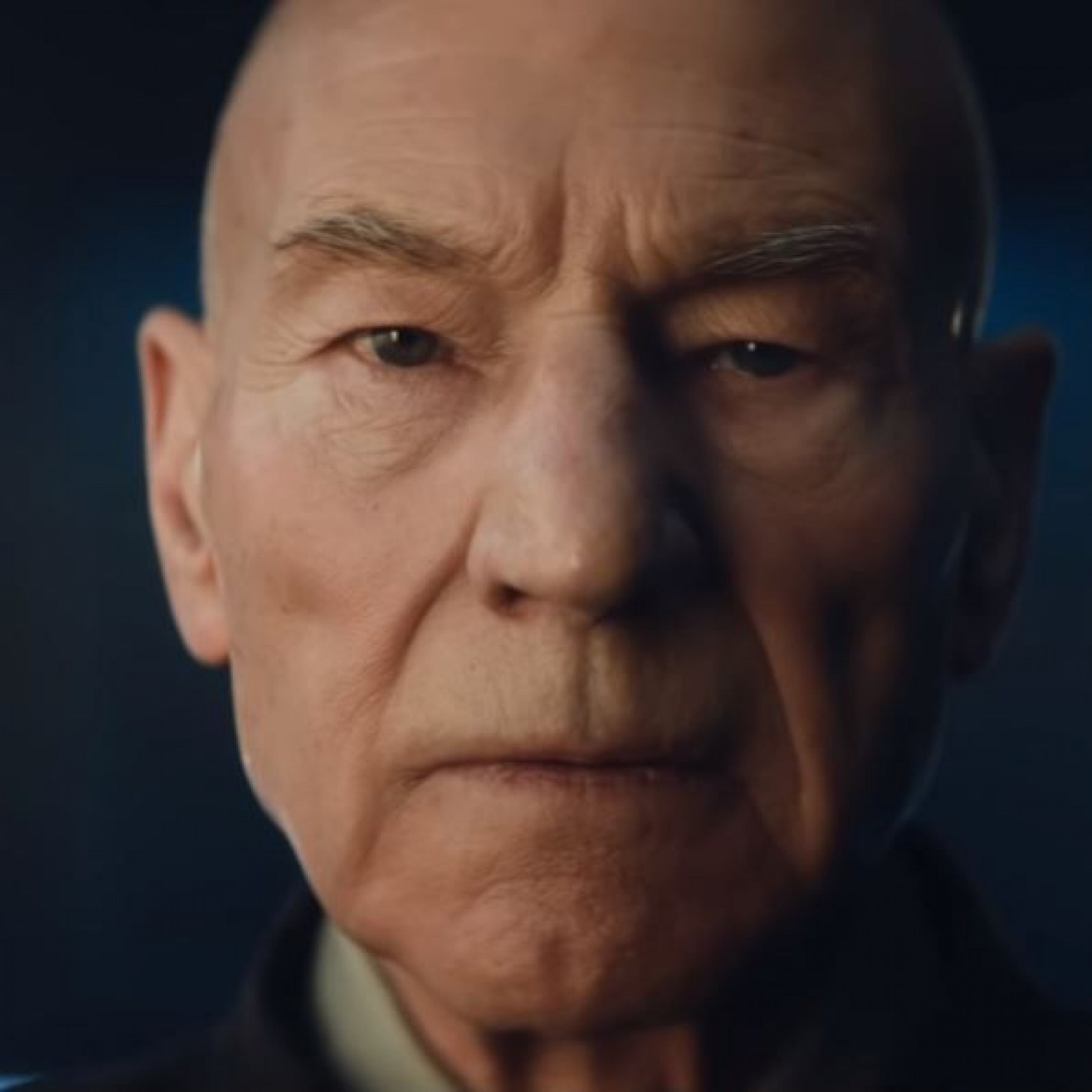
Live long, prosperous, and trauma-informed | Roddenberry Foundation
Long-term, episodic dramas do not often showcase the impact that traumatic experiences can have on a person’s life, despite most characters enduring life-altering crises in every show. At the turn of the century, many Americans used their television time as a means of escape from the mundane...
2020 Roddenberry Fellow
Long-term, episodic dramas do not often showcase the impact that traumatic experiences can have on a person’s life, despite most characters enduring life-altering crises in every show. At the turn of the century, many Americans used their television time as a means of escape from the mundane, and even traumatic, events of their day. They craved passion, adventure, and thrills. Directors quickly caught on to that fact, filling their shows with dramatic conflict that ultimately had a negligible impact on a main character’s continued development. Gene Roddenberry’s Star Trek changed that.
I will be honest in saying that I had never voluntarily watched a Star Trek episode prior to being named a Roddenberry Fellow. My Dad loved every series and seemed to always have them playing on a loop in the background, while I played with my GI Joes and Batman action figures.
My spouse and I have been my Dad’s caretakers for almost two years now. The coronavirus pandemic gave us all the chance to bond in a way that we likely would not have been able to under any other circumstances. We shared stories, binged movies, and spent many late nights playing video games. Eventually, after watching literally everything else that Netflix, Hulu, and Disney+ had to offer, I agreed to indulge my Dad’s inner Trekkie.
We watched the first two episodes over a pizza dinner. It was alright.
The next few episodes were squeezed in during lunch hours. They were getting better.
Before I realized it, Star Trek had become a normal part of our everyday lives. I found myself prompting successive binge parties. Star Trek spoke to me in a different way than it did to my Dad. Sure, I (finally) appreciated the deep space travel and once-revolutionary graphics, but it was the recognition of trauma that pulled me in.
As a veteran, I respected the martial operations that came with consecutive missions barked from the Enterprise’s bridge. I cherished the camaraderie that the ship’s crew had for one another, and I embraced the heightened emotions that the characters processed in their own time. It reminded me of myself, and my shipmates.
Gene Roddenberry went through great efforts to highlight Captain Jean-Luc Picard’s struggle with systemic and complex post-traumatic stress. We saw the Captain wrestle with inner demons, emotionally issue subpar orders, and break down when carrying his burdens felt insurmountable. The blatant depictions allowed for an almost cathartic experience, introducing shared experiences in an environment and through a modality that I was not conditioned to put up a wall against. It was refreshing. And painful. And raw. It was needed.
I am fortunate to spend my time advocating for our nation’s most underserved and underrepresented veteran populations. Many times, that work is done on an individual basis: through a trauma-informed lens, I work with veterans as they seek to upgrade inappropriate discharge characterizations and access their earned, due, and necessary benefits. Other times, however, I find myself constructing systemic frameworks to prepare national organizations and government agencies to provide similar support systems to their own veteran constituencies, equitably and justly.
Having worked in this sector for nearly a decade now, I am able to move through the space and consult on different scenarios fluidly. While each individual situation is always different, the way to approach them is nearly always the same—with a trauma-informed and holistic mindset. I frequently go through updates of my training modules, incorporating the latest scientific support and recommendations, and integrating contemporary case study analyses to highlight real world situations, but the bulk of the information has remained fairly constant over the years. Gene Roddenberry’s Star Trek changed that.
Star Trek transformed the way that I approach both trauma in my own life and the way that I facilitate discussions with community leaders that are looking to become better activists. I am grateful for the opportunities that this fellowship has provided me with and the incredible colleagues that I have met along the way, but I am indebted for my refreshed and enriched perspectives.
